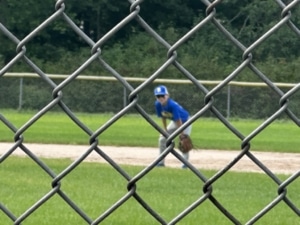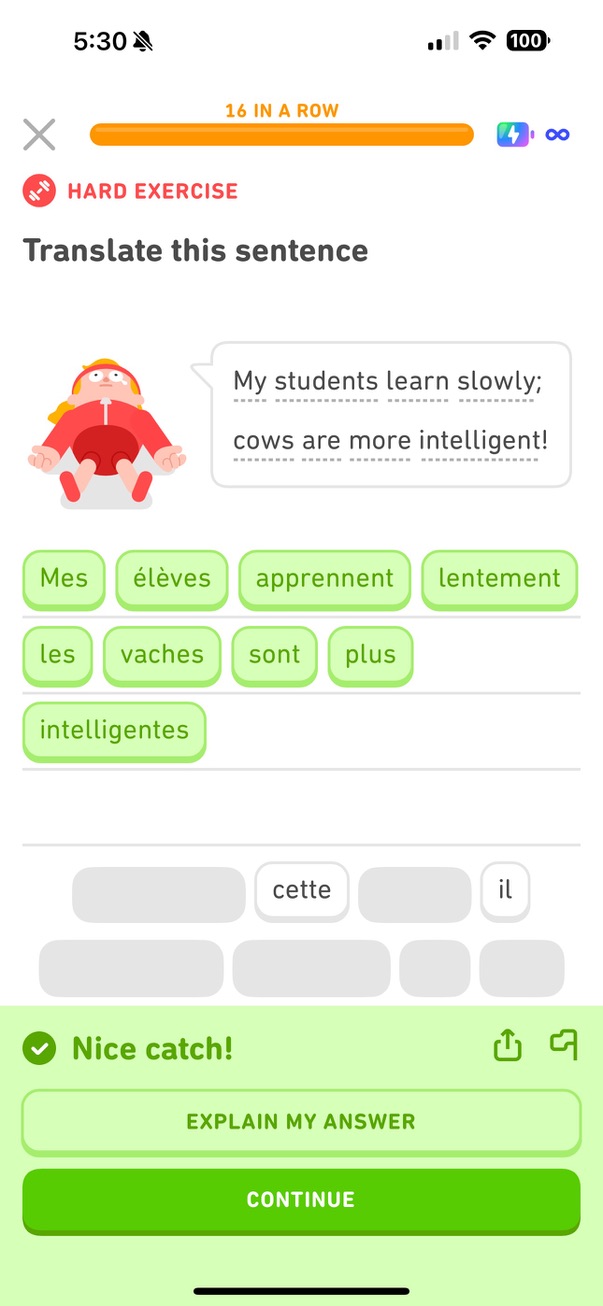Sitting amongst the parents of Charlie’s Little League opponent this weekend, I listened to parents shout instructions to their children as they stood at the plate, ran the bases, and fielded their positions.
May I humbly suggest to all parents of Little Leaguers that you stop doing this?
As a teacher, I can assure you that human beings can only process so much information at one time. Teaching is also best when it is logical, systemized, and scaffolded – each skill mastered piece by piece.
When my golf coach first observed my swing, he saw dozens of problems needing correction. He began with one, then moved onto the next, then onto the next, in a sensible, logical, optimized order.
He did not give me five swing thoughts. He gave me one or two, and I did not receive another until I had mastered them.
This is how instruction works. We can’t fix everything all at once, so we work foundationally, allowing mastery to occur in a logical, optimal sequence.
If the coach is instructing your child on how to hit, field, and run the bases, allow that coach to do their job.
Yes, perhaps it’s true that your child needs to raise their elbow. And yes, it’s probably also true that your child needs to lay off the high ones. Your child may need to stop aiming and just throw the ball. And yes, that throw to third base to catch the runner was probably ill-advised, but allow the coach to deliver this instruction.
Not you.
Kids don’t need two or three voices in their head when they are attempting to hit a ball. They don’t need two or three swing thoughts circling their mind in that moment of supreme focus and pressure at the plate. They don’t need parents shouting out the location of the cutoff man or telling the second baseman to throw to first instead of home.
How would you feel if you had two or three bosses offering you different instructions throughout your work day?
Human beings learn best when they have one person delivering one set of coherent, logical, scaffolded, coordinated instructions. They do not need to hear the coach, a parent, and the parent of a teammate all offering their thoughts and advice while playing the game.
You’re not helping. You don’t understand the nature of teaching. You don’t understand how people learn best.
You also don’t seem to remember what it’s like to stand behind those white lines and play the game. Baseball is a game in which every eye is focused solely on you in moments of objective success and failure that ultimately determine the outcome of the game.
Hit the ball or make an out.
Catch the ball or drop it.
Strike the batter out or issue a walk.
Dribble a grounder to first base or rip a ball to the left field fence.
Steal second base or get caught trying.
Drive in the winning run or strike out to end the game.
It’s not an easy game to play. It’s especially difficult when you are young and constantly worried about what your friends and teammates will think about you. When your ego is still not fully formed, and the slightest blunder can crush your spirits for days. The last thing kids need in these pressure-packed moments is a multitude of voices offering advice and instruction while they try to do their job.
Leave the instruction to the coach.
Instead, cheer on your child. Make them feel loved. Support them in victory and defeat. Purchase them sugary treats and copious amounts of ice cream.
But please, for your child’s sake, stop instructing your child in the midst of the game. If you’d like to offer instruction or advice to any player – including your own child – volunteer to coach the team. Join the staff. Become a part of the instructional unit.
Otherwise, clap and cheer. Leave the coaching to the coaches. Your child will be better for it.









